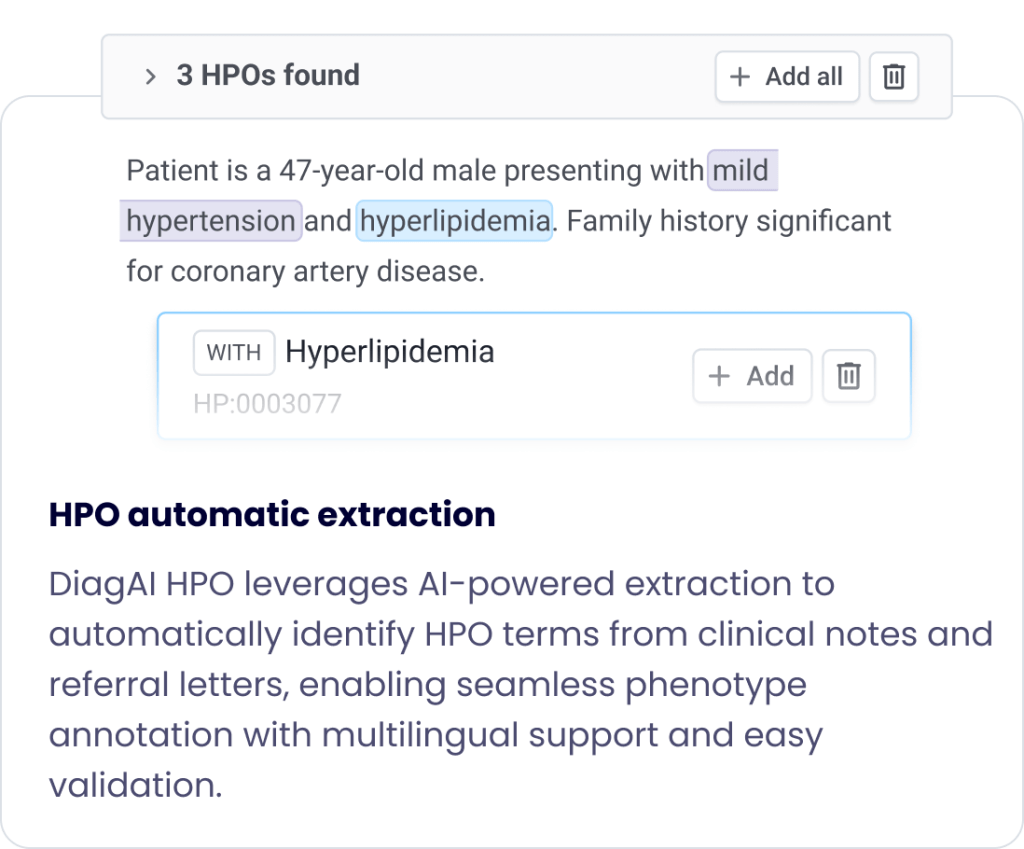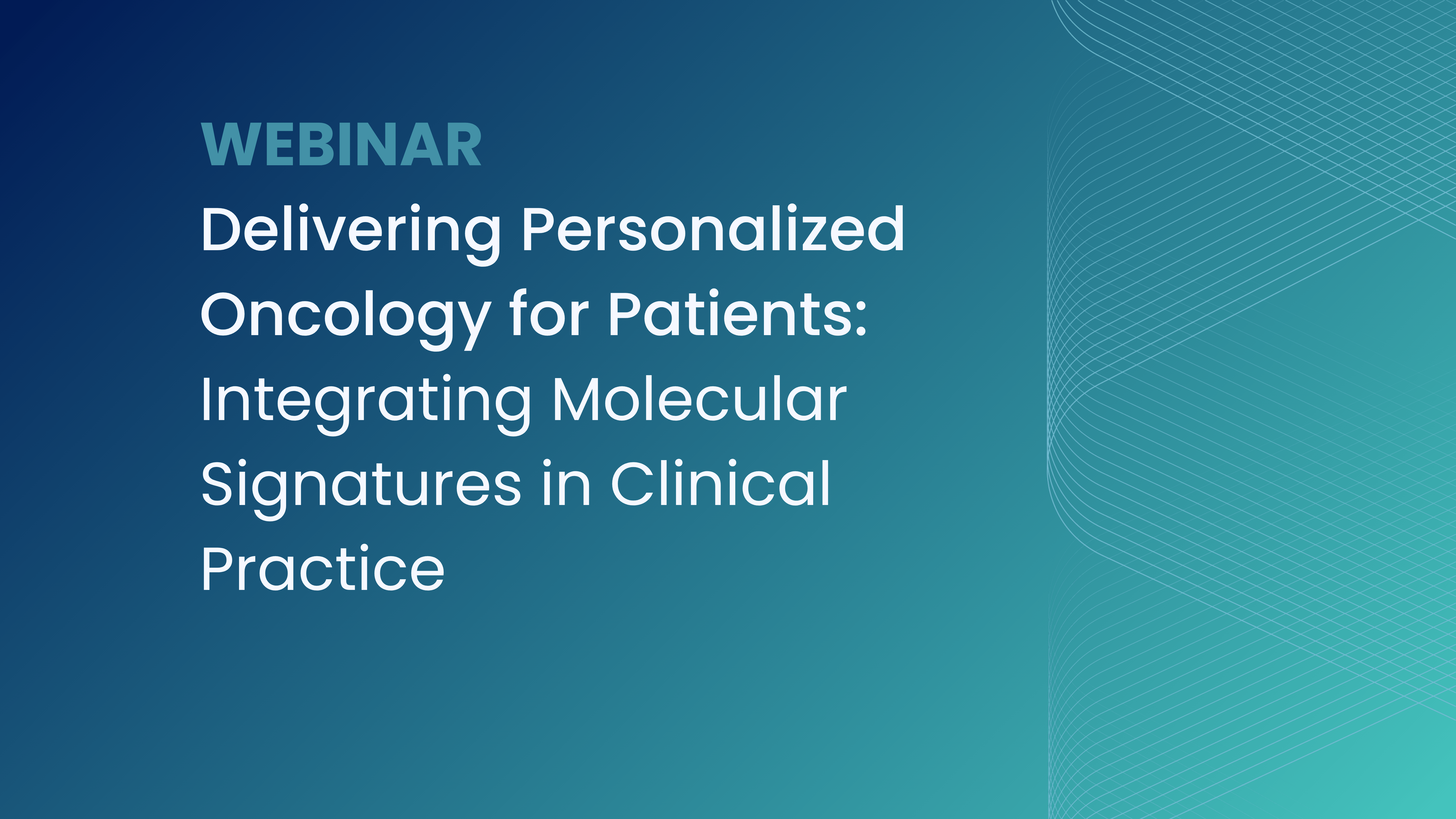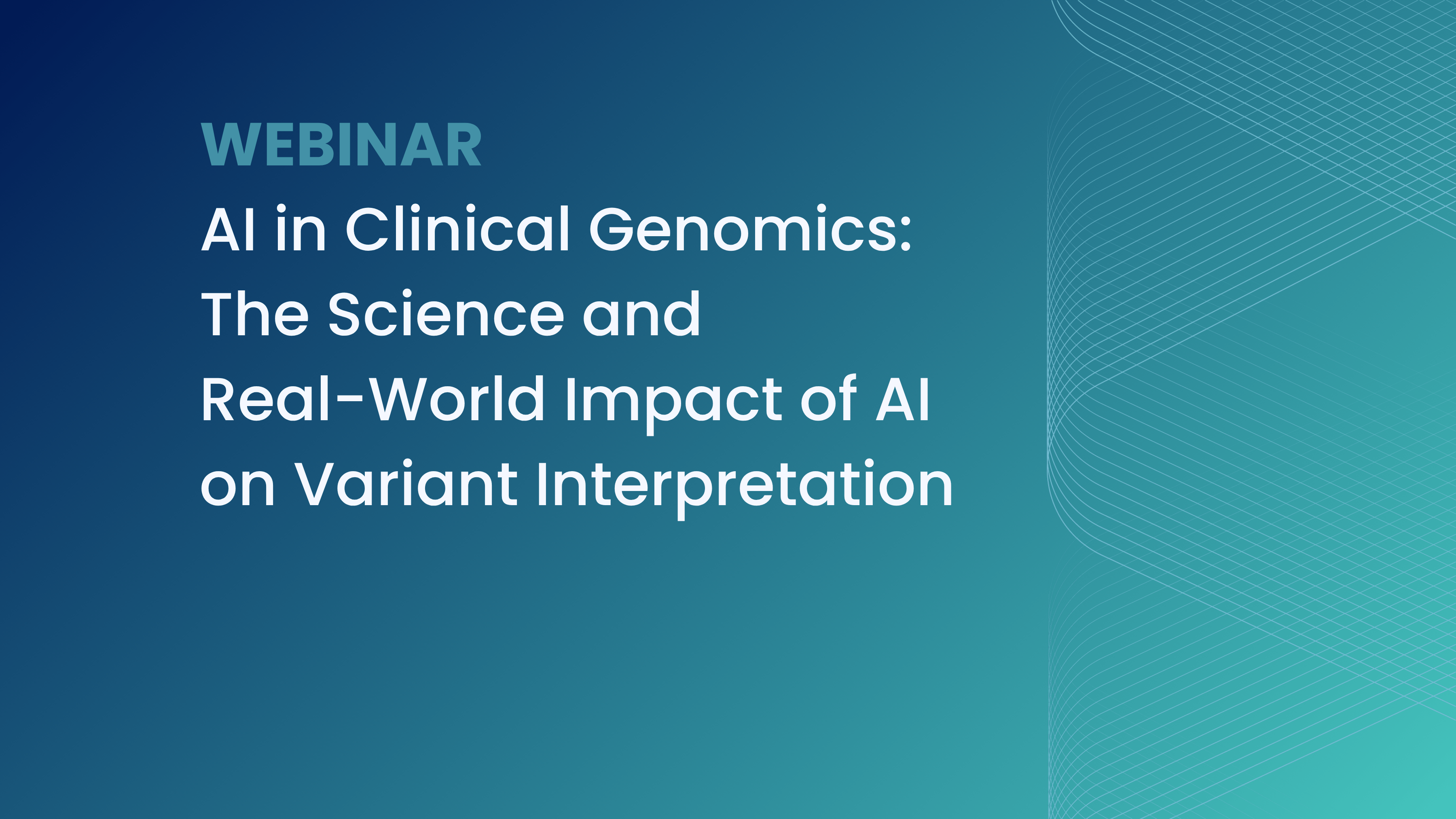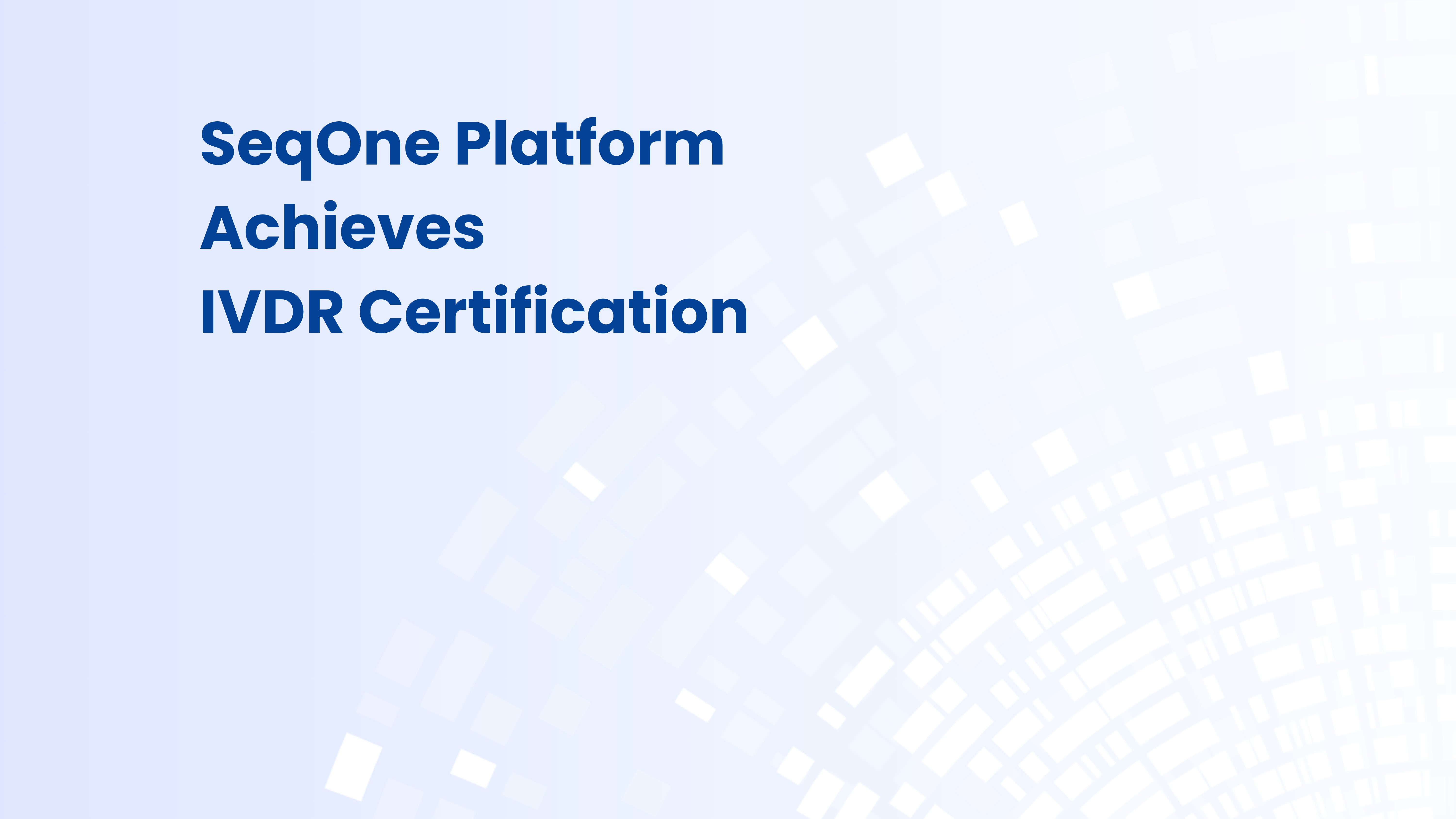In today’s rapidly evolving clinical genomics landscape, precision, efficiency, and time-saving variant interpretation are more critical than ever. Leveraging Human Phenotype Ontology (HPO) terms as part of a phenotype-driven workflow has proven to markedly increase diagnostic yields by focusing the spotlight on the variants most likely linked to a patient’s clinical presentation. However, with over 16,000 HPO terms and complex matching criteria, manual annotation can be labor-intensive and prone to errors. Moreover, new symptoms often emerge after initial sequencing, and clinical information may arrive from disparate sources.
SeqOne’s comprehensive platform overcomes these challenges by harnessing cutting-edge automation and AI—freeing clinical teams to focus on interpreting actionable findings rather than wrestling with data entry.
In this blog post, we highlight how SeqOne’s automated HPO integration, advanced variant ranking, and transparent phenotype-genotype mapping redefine state-of-the-art phenotype-interpretation in clinical human genetics.
Seamless integration of HPO data into patient cases
With SeqOne, you can automate case creation directly from your sequencing files and directly attach HPO terms, ensuring immediate availability of phenotype matching and variant ranking features. As they become available, users can also add HPO terms manually through a simple, intuitive search interface within SeqOne.
To further streamline the process, we developed DiagAI HPO, a cutting-edge tool that automates the extraction of HPO terms from clinical notes and referral letters. Powered by state-of-the-art Large Language Models fine-tuned to the HPO ontology, DiagAI HPO supports multiple languages and offers:
- Automatic Extraction: Seamlessly extract HPO terms from free-text clinical descriptions.
- Semi-Automated Validation: Easily select the most relevant HPO terms with a single click.
- Free Refresh: Update analyses and all ranking scores within minutes by integrating new HPO data at no extra cost.
- Privacy & Anonymisation Layer: DiagAI HPO operates within our secure, health data regulation-compliant environment and applies an anonymisation protocol before processing any clinical text through LLMs.

Advanced variant ranking with DiagAI Score integrating phenotype-based scoring
Leveraging insights derived from HPO data, our DiagAI Score stands as a best-in-class variant ranking metric (ranging from 0 to -100) that gauges the likelihood of a variant being disease-causing. Powered by PhenoGenius, our innovative phenotype matching system:
- Analyzes Complex Phenotypic Relationships: Models over 1.1 million symptom pairs to capture intricate phenotype correlations.
- Delivers Unmatched Performance: Outperforms comparators like Phene2Bene by 42%.
- Boosts Diagnostic Accuracy: Achieves a 96% accuracy rate in its SmartPick suggestions when HPO terms are integrated—especially beneficial for complex singleton case analysis.

Transparent phenotype-genotype matching with DiagAI Explainability
One challenge of AI-powered platforms is the perception of a “black box.” SeqOne addresses this through DiagAI Explainability, which offers clear, intuitive representations of how each variant aligns with the patient’s phenotypic features:
- Purple Highlights: Matching patient and gene phenotypes.
- Blue Indicators: Unmatched patient phenotypes.
- Pink Markers: Unmatched gene phenotypes.
This visual representation reinforces confidence in your analysis and offers critical insights into underlying biological connections, enabling more informed diagnostic decisions.

Next-level HPO filtering for case analysis
Since each clinical scenario is unique, SeqOne offers two HPO filtering modes:
- High Precision Mode: Focuses on a select group of highly relevant genes with strong phenotype correlations—ideal for clear-cut diagnoses.
- High Sensitivity Mode: Casts a wider net to capture a broader range of potential diagnostic genes, including those with less obvious phenotype associations based on our proprietary knowledge graph.
These filtering options ensure that whether you prioritize precision or comprehensive coverage, our platform adapts to your specific diagnostic needs.

DiagAI HPO API for in-house pipelines
For teams running custom or in-house analysis pipelines, SeqOne offers API-based access to the DiagAI HPO engine. This allows you to seamlessly incorporate SeqOne’s powerful, phenotype-driven capabilities into your existing workflows—without having to switch interpretation platforms.
DiagAI Text2HPO API
The DiagAI Text2HPO API automatically converts unstructured clinical notes, referral letters, or other medical documents into HPO terms. This process facilitates downstream phenotype analysis by identifying both positive and negative phenotypes (for example, “patient has no hearing impairment”) with a high degree of accuracy. The API accepts any snippet of clinical text, then returns a JSON payload listing the extracted HPO terms and their exact positions, along with multi-language support for broad applicability.
DiagAI PhenoGenius API
The DiagAI PhenoGenius API provides access to an extensive database containing more than 6.3 million interactions between 18,574 phenotypes and 6,181 genes, incorporating data from OMIM, MedGen, PubMed, and Orphanet.
- Diagnostic Gene Ranking: A dedicated route (
phenogenius/{hpo_terms}/diag) generates a ranked list of the most probable diagnostic genes based on a set of HPO terms. This feature offers two distinct modes—High Accuracy and High Sensitivity—enabling you to tailor your approach according to the complexity or specificity of each case. - Phenotype Explanation: Another endpoint (
/phenogenius/{gene_id}/explain/{HPO_code}) provides a breakdown of the phenotypic evidence connecting a particular gene to the patient’s HPO terms. This functionality allows you to see exactly why a gene was highlighted as relevant.

SeqOne’s DiagAI HPO system is regularly updated with the latest HPO releases, ensuring you always have access to the most current phenotype information. By leveraging these APIs, in-house teams gain the combined benefits of a cutting-edge phenotype database and highly scalable integration capabilities.
Ready to experience DiagAI HPO?
By uniting automated phenotype integration (DiagAI HPO), AI-powered variant ranking (DiagAI Score), and transparent analytics (DiagAI Explainability), SeqOne provides an unrivaled solution for today’s genomic testing challenges. Our system is constantly updated with the latest genomic databases, ensuring that your analyses remain on the cutting edge of molecular diagnostics.
Interested in exploring these capabilities firsthand? SeqOne offers Free Trials—test our platform on your own samples (panels, exomes, or whole genomes) and experience how automated, phenotype-centric genomics can augment both singleton and familial analyses.
About SeqOne
SeqOne is a leading European provider of AI-powered software for next-generation sequencing (NGS) data analysis in oncology and rare diseases. Its cloud-based platform transforms complex genomic data into fast, precise, and actionable insights, supporting molecular labs in delivering life-saving diagnoses and treatments. The SeqOne Platform is a CE-IVD Class C certified under IVDR in vitro diagnostic medical device. Driven by the vision of personalized medicine for every patient, everywhere, SeqOne is scaling the future of genomic medicine—one lab at a time.
For more information, visit seqone.com.






















